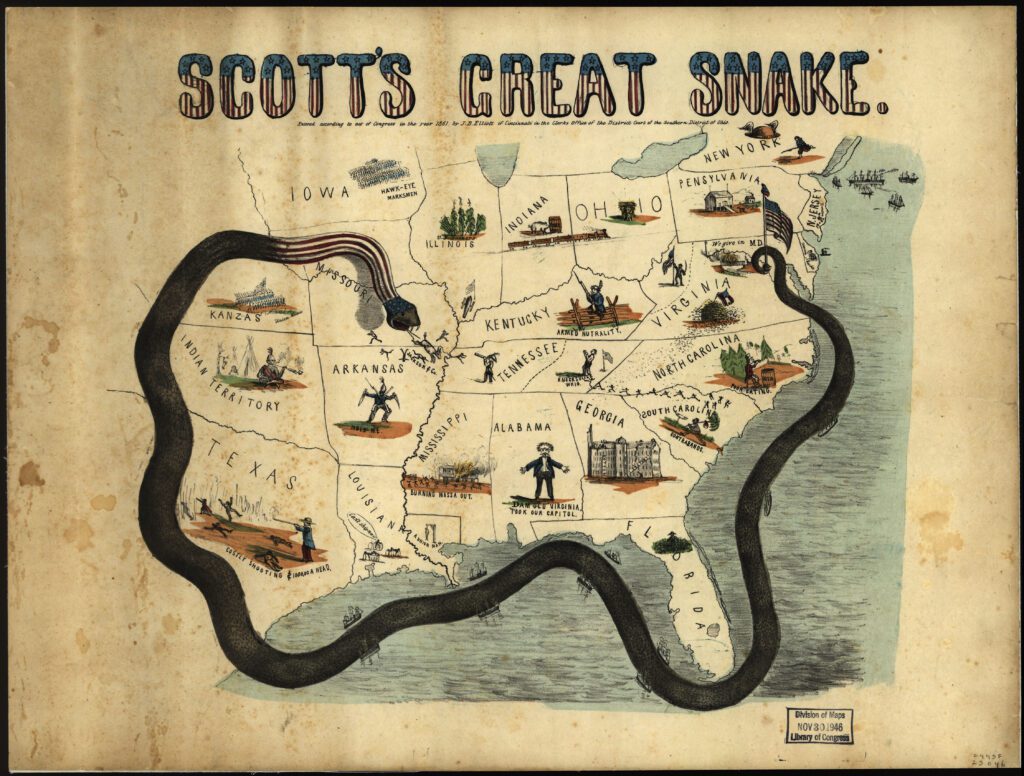Naval blockades have been a key maritime strategy for centuries, playing a critical role in both war and peace. They have been used to control trade routes, deny access to enemy ports, and pressure adversaries into submission. The use of naval blockades dates back to ancient times, with examples found in the Mediterranean and the Indian Ocean. During the Napoleonic Wars, the British Royal Navy famously used blockades to isolate and weaken the French Empire. Naval blockades are a critical component of maritime strategy, serving several key strategic purposes. Conducting a successful blockade requires careful planning, coordination, and execution, following key principles to maintain effectiveness. Naval blockades have played a crucial role in shaping the outcome of conflicts throughout history.
Naval Blockades: Mastering the Art of Maritime Strategy
Naval blockades have been a key element of maritime strategy for centuries, playing a critical role in both war and peace. From the ancient world to the modern era, naval blockades have been used to control trade routes, deny access to enemy ports, and pressure adversaries into submission. In this article, we will explore the history of naval blockades, their strategic importance, and the key principles of conducting successful blockades.
History of Naval Blockades
The use of naval blockades dates back to ancient times, with early examples found in the Mediterranean and the Indian Ocean. The Persians, Greeks, and Romans all employed blockades to control trade and exert influence over their rivals. However, it was during the Age of Sail that the concept of a naval blockade truly emerged as a strategic tool.
During the Napoleonic Wars, the British Royal Navy famously used blockades to isolate and weaken the French Empire. By imposing a blockade on French ports, the British were able to cut off vital supply lines and prevent the movement of goods and troops. This strategy played a decisive role in the eventual defeat of Napoleon and demonstrated the power of naval blockades in shaping the outcome of conflicts.
The Strategic Importance of Naval Blockades
Naval blockades are a critical component of maritime strategy, serving several key strategic purposes. First and foremost, blockades are used to deny an adversary access to crucial resources, such as food, fuel, and military supplies. By preventing the movement of goods in and out of enemy ports, blockades can weaken an adversary’s economy and undermine their ability to wage war.
Furthermore, blockades can be used to isolate and contain an enemy, limiting their ability to project power and engage in offensive operations. By controlling key chokepoints and trade routes, a naval blockade can effectively restrict an adversary’s freedom of movement and force them to divert resources to break the blockade.
Principles of Conducting Successful Blockades
Conducting a successful naval blockade requires careful planning, coordination, and execution. There are several key principles that must be followed in order to effectively implement a blockade:
1. Intelligence and Surveillance
Effective blockades rely on accurate intelligence and constant surveillance of enemy ports and shipping routes. Understanding the movements of enemy vessels and monitoring smuggling activities are crucial to maintaining the integrity of the blockade.
2. Control of Chokepoints
Controlling key chokepoints and trade routes is essential for enforcing a blockade. By denying enemy vessels access to critical passages, the effectiveness of the blockade can be maximized.
3. Maintaining Blockade Efficiency
Blockades require constant vigilance to ensure their efficiency. Patrolling the blockade area, enforcing compliance with blockade regulations, and intercepting violators are all important tasks that must be carried out effectively.
4. International Law and Diplomacy
Naval blockades must be conducted in accordance with international law and norms. Respect for neutral shipping and adherence to international agreements are essential to prevent the blockade from being deemed illegal or provoking unwanted diplomatic backlash.
5. Psychological and Economic Pressure
Blockades can exert psychological and economic pressure on an adversary, making them a powerful tool of coercion and deterrence. By demonstrating the ability and willingness to maintain a blockade, a nation can compel its adversary to reconsider its actions and negotiate on favorable terms.
Conclusion
Naval blockades have played a crucial role in shaping the outcome of conflicts throughout history. As a key element of maritime strategy, blockades can deny access to vital resources, isolate adversaries, and exert economic and psychological pressure. By following the key principles of conducting successful blockades, nations can effectively utilize this strategy to achieve their strategic objectives and secure their maritime interests.
